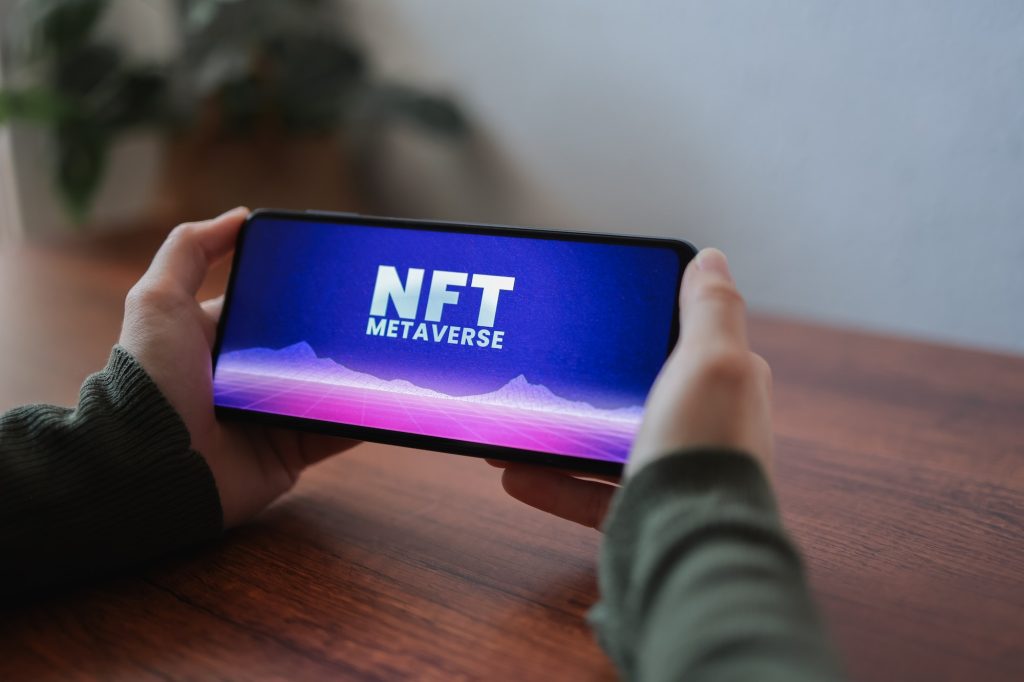Report to the US Congress finds existing intellectual property laws adequate for NFT
The study conducted by the United States Patent and Trademark Office (USPTO) and the U.S. Copyright Office, concluded that no changes to intellectual property laws or registration practices are necessary at this time

A comprehensive study conducted by the United States Patent and Trademark Office (USPTO) and the U.S. Copyright Office has concluded that the current intellectual property laws are adequate to address concerns about copyright, and trademark infringement associated with non-fungible tokens (NFTs).
Although stakeholders raised concerns about trademark misappropriation and infringement on NFT platforms, the study found that most stakeholders believe the existing laws and registration practices are sufficient. Therefore, the study concluded that no changes to intellectual property laws or registration practices are necessary at this time.
Some stakeholders expressed concerns about enacting NFT-specific legislation too prematurely, as it could impede the ongoing development and evolution of NFT technology. The study supports the viewpoint that enacting specific legislation for NFTs would be premature and could hinder the industry’s growth.
The US Securities and Exchange Commission (SEC) deemed the NFT offerings sold by Impact Theory to be securities because the company promised investors would profit from them. As a result, Impact Theory agreed to reimburse investors and pay a fine of $6.1 million. It is important to note that this case does not imply that all NFTs are considered securities by regulators.
The study also identifies the lack of controlling judicial precedent regarding the enforcement of trademark registrations for physical goods against the use of the same mark on similar digital goods tied to blockchains and NFTs.
